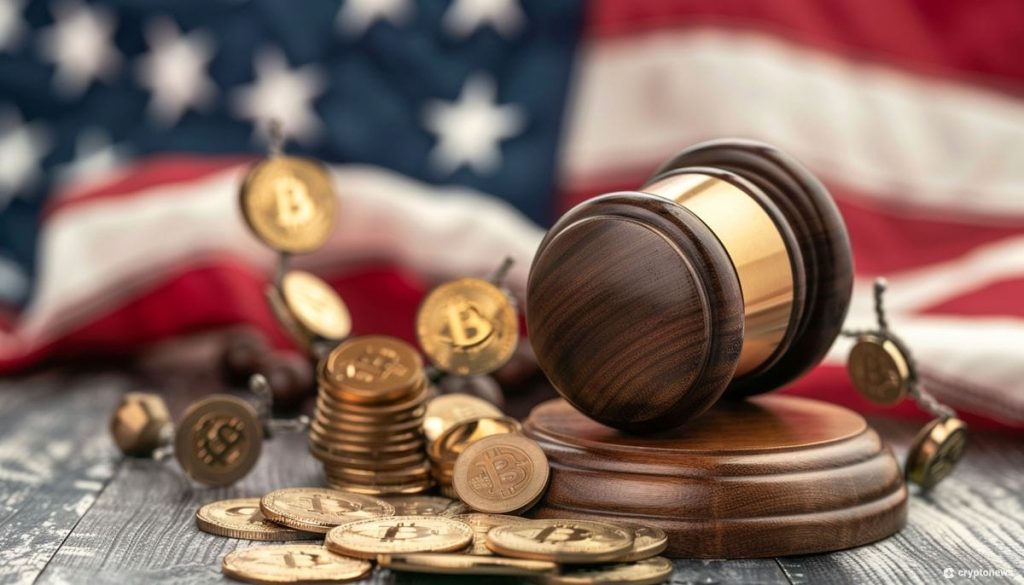President Joe Biden recently vetoed a resolution aimed at overturning the U.S. Securities and Exchange Commission’s Staff Accounting Bulletin (SAB) No. 121, arguing that challenging the proposed guidelines would compromise the SEC’s authority and jeopardize the well-being of consumers and investors. The controversial accounting guidelines required institutions that custody crypto assets to record crypto holdings as liabilities on their balance sheets, facing backlash from the crypto community and lawmakers. Despite bipartisan majorities in both houses of Congress voting to repeal SAB 121, Biden’s decision to veto the resolution has drawn frustration from the wider crypto community, with advocacy groups and industry leaders expressing disappointment over the outcome.
The veto by President Biden comes amidst a broader debate surrounding the regulation of crypto assets in the United States. The decision to veto the resolution nullifying SAB 121 has sparked concerns that it could stifle innovation and hinder the growth of the industry at a critical time. The House of Representatives recently passed the Financial Innovation and Technology for the 21st Century Act (FIT21), which aims to establish regulatory frameworks for digital asset markets. The bill received bipartisan support and aims to introduce consumer protections, designate the Commodity Futures Trading Commission (CFTC) as a key regulatory authority for digital assets, and provide clearer definitions of what constitutes a security or a commodity in the crypto token realm.
The reaction to President Biden’s veto of the resolution has been mixed, with some in the crypto community viewing it as a setback for innovation and financial freedom. The decision is seen as a blow to efforts to create a more favorable regulatory environment for the crypto industry, particularly as other countries are taking steps to embrace and regulate digital assets. Industry leaders and advocacy groups have expressed disappointment with the outcome, highlighting the need for regulatory clarity and support for innovation in the crypto space. The House’s passage of the FIT21 bill is seen as a positive development for the industry, signaling a willingness to establish a regulatory regime for US crypto markets and provide much-needed consumer protections.
The debate over how to regulate crypto assets in the US is likely to continue as policymakers navigate the complexities of this rapidly evolving industry. The outcome of President Biden’s veto of the resolution overturning SAB 121 has raised questions about the direction of crypto regulation in the country and the impact it will have on innovation and investment in the sector. Advocates for a more supportive regulatory environment for digital assets will be closely monitoring developments in Congress and working to ensure that the US remains competitive in the global crypto market. As the industry continues to grow and evolve, finding the right balance between innovation and investor protection will be key to fostering a thriving and sustainable crypto ecosystem in the United States.















